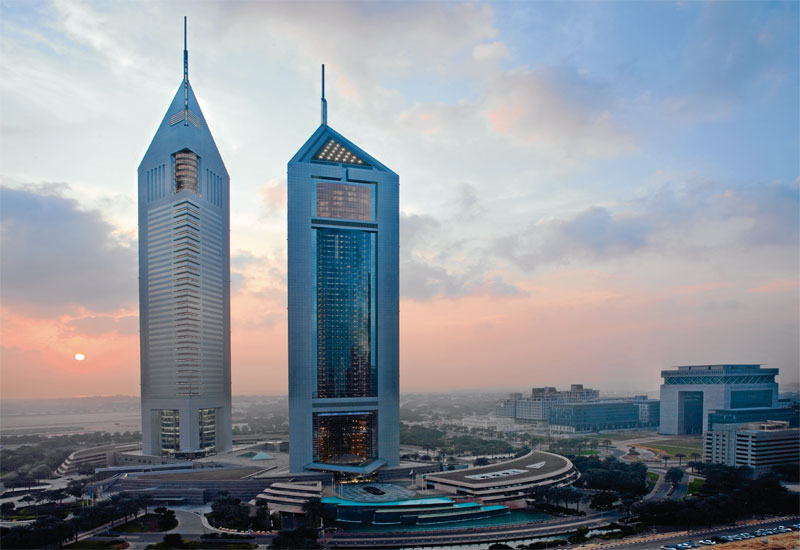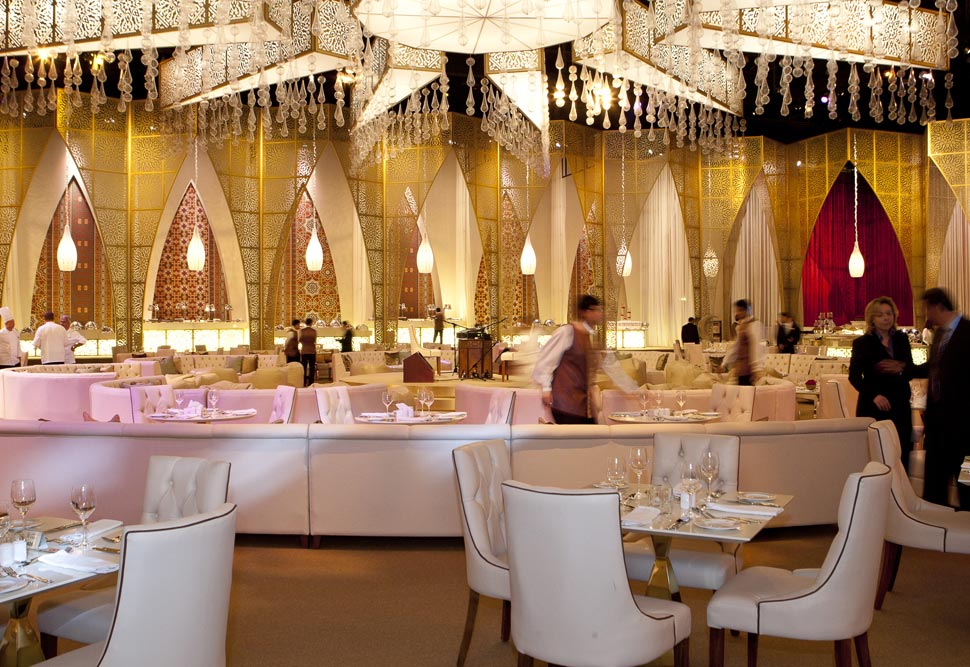Middle East market
As a key market for expansion, the Middle East represents 43% of the portfolio of projects currently either under development, under construction or in operation. However, the region is also imperative from a sales perspective.
Christian Pertl, vice president sales and marketing for Dubai, refers to the importance of Gulf countries and the need for a dedicated sales approach: “Jumeirah understands that actually one of the biggest new markets with a massive potential is on our doorstep, the GCC, so we have started this year being quite active with regards to marketing activities.
“We invested quite a lot of money into tacticals, awareness campaigns and so on and just recently announced our dedicated GCC sales team. The interesting thing is that we saw instant results because usually it takes time to develop the market. That is very interesting and also where we want to have a big focus in the future.

| Advertisement |
“Why? You have every segment available in the GCC, it is not only leisure but it is also corporate. Saudi Arabia is a hub of pharmaceutical businesses. It is very interesting; you can actually get quite a lot of meetings. And also they will normally travel in periods where the rest of the world is usually slowing down a little bit, such as Christmas,” observes Pertl.
The sentiment is echoed by Stephan Schupbach, general manager of the recently opened Jumeirah Zabeel Saray, who witnessed approximately 60% of business coming from the GCC during the opening phase of his hotel in Dubai.
“That means we have certainly had a great response from our home-grown market and I think we have done a very good job. I am very proud of the team,” says Schupbach.
What’s interesting about Jumeirah Zabeel Saray in regard to the region is the Talise Ottoman Spa and while sister properties such as Madinat Jumeirah and Jumeirah Emirates Towers also offer Talise, the sheer size and opulence of the spa at the new hotel is reputed to be putting the region on the map as a spa destination.
“Now Dubai has a big spa culture, even though we think it is not a spa destination but you have seen along Jumeirah Beach Road or any of the other roads in Dubai over the last few years, different spas with different elements of experience popping up left, right and centre and that tells you something,” says Schupbach.
“It was telling me certainly that the GCC has actually a big culture around spa and with that said, I joined the Global Spa Summit in May as I wanted to first of all understand, where do we fit in the Middle East, where does the brand sit, and where are we going in general with the spa business? Now it is a multi-billion dollar industry, and this is something you cannot neglect.”
Since the beginning of 2011, Jumeirah has opened four hotels and resorts over three continents in Dubai, Shanghai, the Maldives and Frankfurt, with several more opening in the Middle East and beyond over the coming 12 months including Abu Dhabi, Qatar, Kuwait, Egypt, Jordan and Syria.
That’s not to say that Jumeirah’s home base of Dubai has been neglected, however. In fact, despite many factors such as unrest in the region and the recession, hard work and dedication have paid off.
“For example in some of our properties, especially on the beach, we enjoyed, year to date, a double digit RevPAR growth in comparison to last year,” reports Pertl.
Jumeirah Living also increased by five percentage points year to date versus the same period last year. The highest producing source market for Dubai hotels so far has been the UK, followed closely by Russia (with Russia also exhibiting strong growth year on year), Germany and the GCC.
Pertl attributes such success to a variety of factors: “We have started bringing together a commercial approach to the market, rather than an [isolated] sales, marketing or revenue approach…if you have these elements playing together, it is actually very powerful. So I think we have understood certain trends or certain behaviours in the market very well.
“We have understood that our key source markets will always be the UK, Germany or Russia. But we have also learnt as a company that there is new business out there – we are in China already and very successful.”
Lawless elaborates: “I think that everyone understands that China is a significant player economically and we see not only in terms of the opportunities that exist within China to develop hotels, but we’ve also seen an upsurge in visitor numbers to Dubai, in particular into Burj Al Arab.
Now that the UAE received its Approved Destination Status from the Chinese government, we believe that both the inbound and outbound tourism from China will continue to be a major factor for the future of our industry.
In addition we look forward to many more openings in China; in fact we already have five other projects under development as we speak.”
Twenty-seven percent of the guests who have stayed in Jumeirah properties in Dubai, London and New York since 2009 have stayed with Jumeirah more than once. Schupbach says this success is down to how the team “listens to the guests”.
“We try to obviously live on the repeat business and this is where you save money if you look after your client base.”
Also crucial to Jumeirah’s success is Sirius, the company’s reward and recognition programme.
Piers Schreiber, vice president of corporate affairs, explains: “There are several factors that contribute to programme return, including perceived reward value, buy-more rate, visit rate, member acquisition and costs.
We created a model that incorporates these influencing factors, basing it on client data. We began creating the reward-optimisation model by first making observations regarding loyalty-member behaviour and how it relates to the perceived value of the programme benefits”.










 Search our database of more than 2,700 industry companies
Search our database of more than 2,700 industry companies









